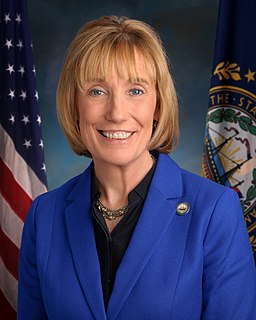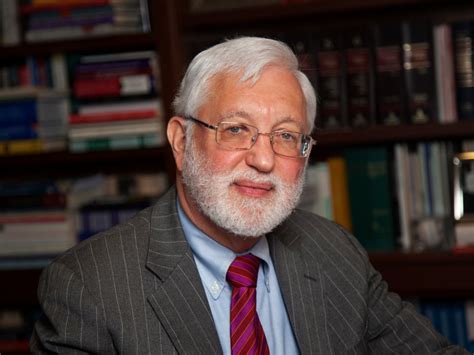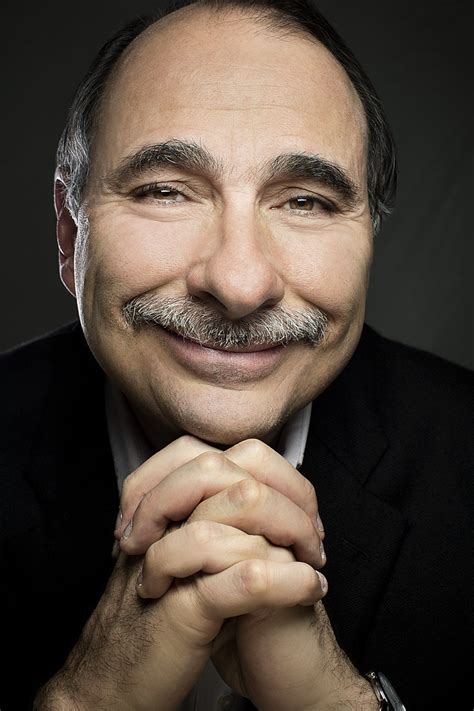A Quote by Jim Lee
There are a lot of global decisions that you can make as a co-publisher, and only publishers can make those kind of decisions. At the same time, there are some things you can do only as a penciler or creator. I want to keep my hands in both pots, so to speak.
Related Quotes
A hundred years ago-even 20 or 30 years ago-it was possible, if not always easy, to close major business by calling on and satisfying a key decision-maker. Today, every piece of business entails multiple decisions, and those decisions are virtually never made by the same person. Not only do you have to contend with multiple decisions, but the people who make those decisions may not even work in the same place.
We have to help decision makers realize that women's reproductive health rights are civil rights and that women need to be free to make the same decisions that men are free to make with regard to health care and whether and when to have a family. It's going to be increasingly important for women to speak up not only about being able to make our own decisions, but also about the importance of being trusted to make our own decisions.
I'm striving to make things which are the most exciting things I can make that will fit in people's homes. And in that respect, working on the wheel is economically about the only answer I know, because one can, as Leach said, make 50 pots in a day. You can make 100 pots in a day. A really good potter can make 400 pots in a day.
I think being a teenager is such a compelling time period in your life--it gives you some of your worst scars and some of your most exhilarating moments. It's a fascinating place; old enough to feel truly adult, old enough to make decisions that affect the rest of your life, old enough to fall in love, yet, at the same time too young (in most cases) to be free to make a lot of those decisions without someone else's approval.
Any time you do something, you make decisions about time and space. I wanted those decisions to be out of my hands. I could be dragged, carried along by another person, I could be a receiver. I could be the agent of the overall scheme, but I didn't want to be the agent of the particular action. I could make the ultimate decision that my space is going to change now, but I don't know where it's going to go.
Sometimes you have to say no to things that people don't want you to say no to in the interest of self-preservation. I definitely went through some times that I did more than I could handle, and I was trying to make decisions for the best of my career; the irony was that those decisions were a direct cause of my inability to produce, perform, create anything. If you are not emotionally and personally stable and intact and healthy, then the entire foundation of what you do this for - the things that you make - is gone.








































